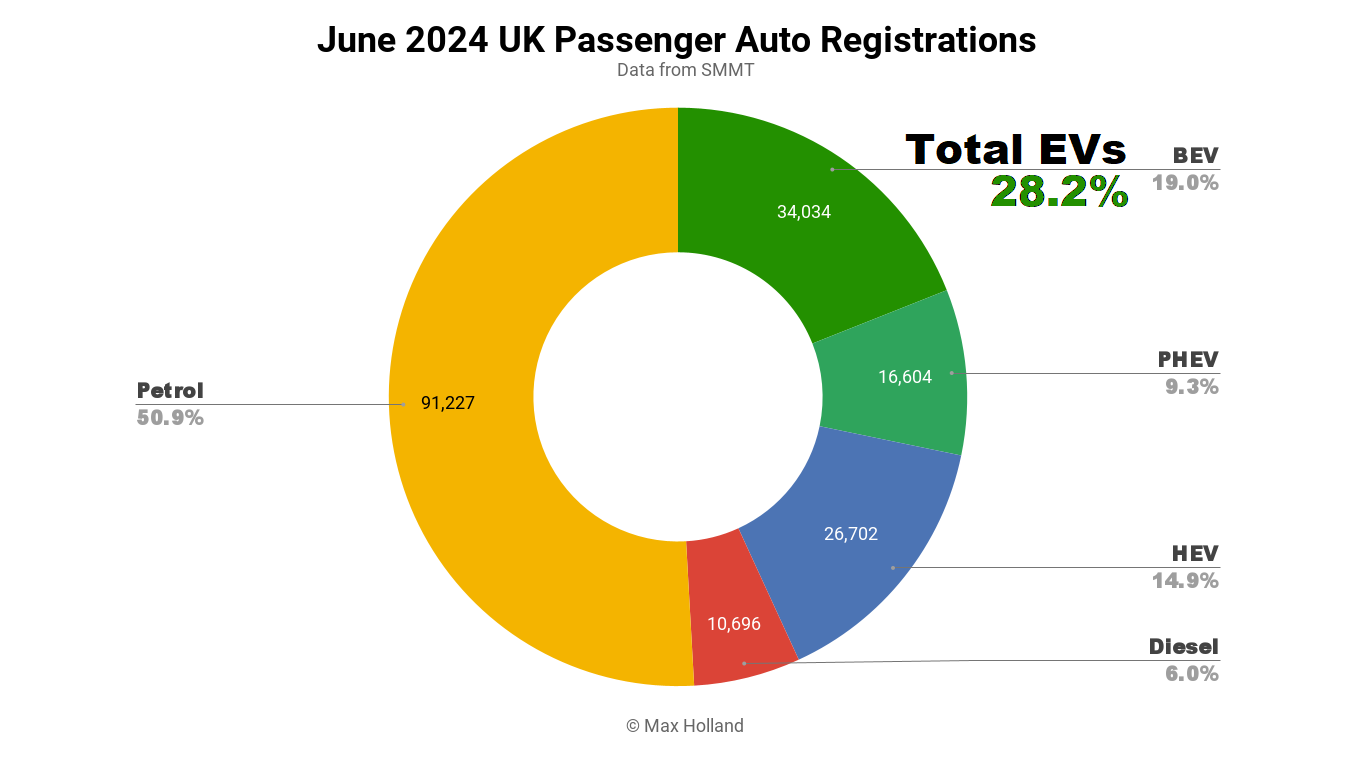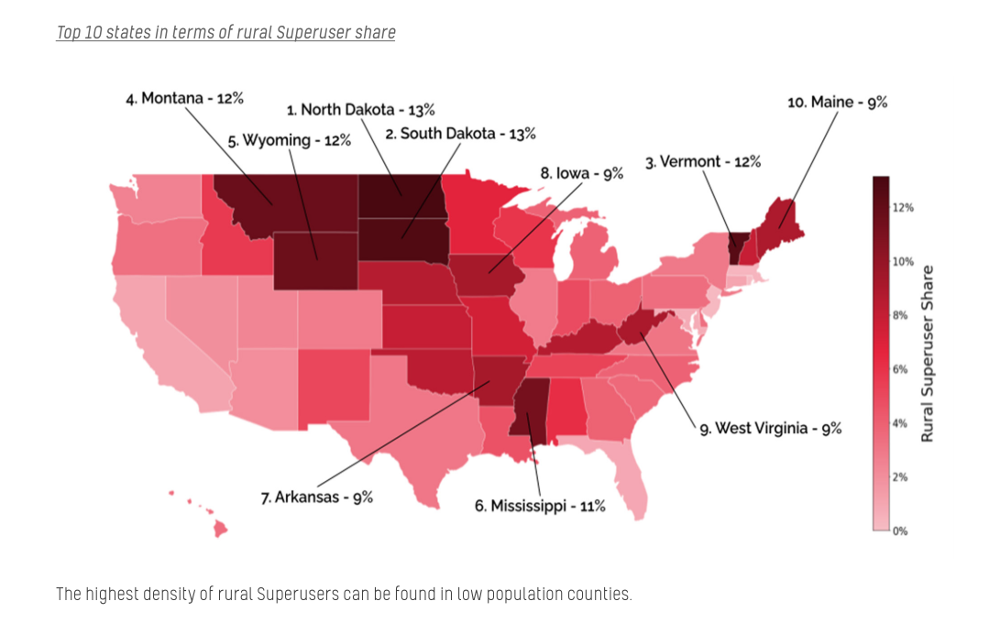Born and raised in London. Just a normal guy with a moral compass.
- 433 Posts
- 180 Comments
For the average person, the ability to run it on seamlessly on multiple devices is more important than storage.
The problem with Signal is that the UX isn’t up to par aesthetically and the problem with SimpleX is that the UX is overly complicated. People want a great chat app first and foremost, privacy is an afterthought.
It won’t take long for clients to pop up. But ultimately people shouldn’t rely on telegram or any billionaire backed software for pretty much anything.
Voted
Sadly, I’ve only ever seen larger files, not smaller
I’ll leave it running over night 😭
Thank you.
Thank you. I’ll give it a go

 2·3 days ago
2·3 days agoThank you. I clicked the site and couldn’t figure it out.

 2·3 days ago
2·3 days agoSeems it was originally a Mia Khalifa quote.
Thanks, is there an app you would recommend to do it?

 51·3 days ago
51·3 days agoI feel you’re missing the point that the image is trying to make. It’s two polar opposites who can’t imagine doing what the other does, but the reality is that they’re both doing the same thing.

 1·3 days ago
1·3 days agoNope, that should still show up.

 3·4 days ago
3·4 days agoWhat is Taiga?

 1·4 days ago
1·4 days agoI make you right, but I’m assuming the conditions you’ve set out are part of the test suite?

I think Mojeek is the only independent https://www.mojeek.com/

 1·4 days ago
1·4 days agoThey can both exist

 1·4 days ago
1·4 days agoIn another thread, someone was saying they’re in use on a bunch of building sites and are performing without issue, so I suspect it’s not as much of a concern as we suspect.

 1·4 days ago
1·4 days agoIsn’t Grub moot now? You’re right in that I’m being unfair with my GUI based mindset.































Full Article: